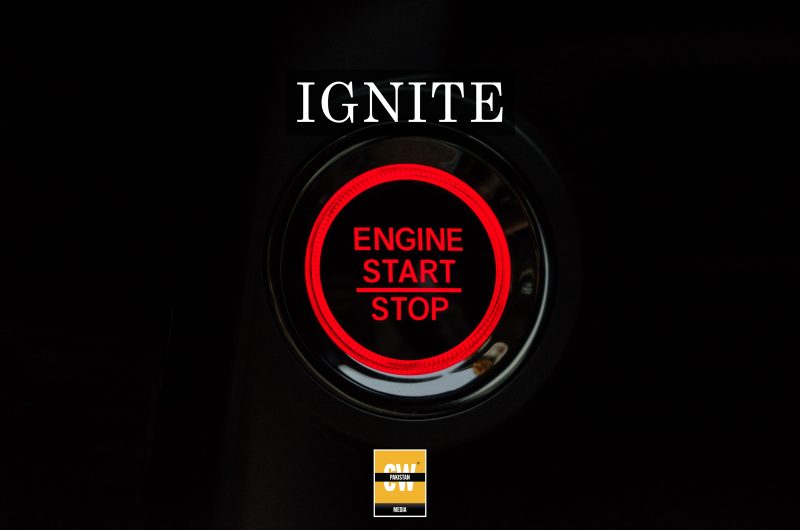At just 25, Sualeh Asif has carved a space in Silicon Valley that not only makes Pakistan proud but also highlights the untapped potential hidden within its youth. His story stands in stark contrast to the headlines that often dominate screens, offering a rare glimpse into what is possible when talent is recognized, nurtured, and given the chance to flourish. Born and raised in Karachi, Sualeh spent his early twenties navigating the city’s busy streets on a motorcycle. Today, he’s co-founder of Cursor, a rapidly scaling AI-native development tool gaining traction across the global tech community.
Before stepping into the startup spotlight, Sualeh had already proven his mathematical brilliance by representing Pakistan at the International Mathematical Olympiad. His academic journey led him to MIT, where he became part of the prestigious Neo Scholars program. That platform propelled him into a network of top innovators and laid the foundation for co-founding Anysphere — the parent company of Cursor.
Cursor is not just another code editor. It’s an advanced AI-native platform specifically designed to amplify the productivity of software engineers. Rather than displacing developers, it enhances their capabilities, helping them code more efficiently and intelligently. With Cursor, the focus remains on empowerment, enabling engineers to accelerate their workflows and innovate at scale.
The startup’s growth has been remarkable by every standard. Cursor secured $8 million in seed funding led by OpenAI’s Startup Fund, quickly followed by a $60 million Series A and a $100 million Series B round, pushing its valuation to over $2.4 billion. It is currently being used by more than 360,000 developers and has reached over $100 million in annual recurring revenue — a benchmark that places it among the fastest-growing developer tools ever created. Its adoption by major players such as OpenAI, Shopify, Stripe, Midjourney, and endorsements from influential voices like Andrej Karpathy reflect its credibility and impact.
Sualeh’s achievements, though extraordinary, shine a light on a much deeper issue — the consistent loss of brilliant Pakistani minds to more supportive environments abroad. His success story reveals the immense potential within Pakistan’s streets and classrooms, yet also reminds us of the systemic challenges that force talent to seek growth elsewhere. The gap in mentorship, lack of policy backing, and limited investment in STEM education continue to stifle countless future innovators who, with the right support, could follow in Sualeh’s footsteps.
If even a fraction of the resources currently channeled elsewhere were redirected toward developing local talent, Pakistan could foster thousands of Sualehas, each capable of making global contributions in AI, coding, and innovation. The key lies in building bridges between early education and global opportunity — not just to celebrate success stories once they’ve left, but to make it possible for them to thrive while staying connected to their roots.
Sharing Sualeh’s journey is more than inspiration; it’s a call to action. It invites educators, policymakers, investors, and the tech community to recognize and uplift the next generation before they have to look elsewhere.









